A Comprehensive Guide to Closing Costs
Purchasing a home is an exciting milestone, but it's important to be aware of the financial aspects involved in the process. Closing costs are expenses incurred by homebuyers in addition to the purchase price, and they can vary significantly depending on the location and your specific circumstances. Below you will find a comprehensive guide to understanding closing costs associated with a home purchase:
What are closing costs?
Closing costs refer to the expenses that homebuyers must pay at the completion of a real estate transaction. These costs are separate from the down payment and include various fees, taxes, and charges associated with finalizing the purchase of a property.
Legal Fees and Disbursements:
Engaging a real estate lawyer is a must to ensure a smooth and legally sound transaction. Their services typically include reviewing contracts, conducting title searches, preparing, and registering legal documents, and facilitating the transfer of funds. Legal fees and disbursements can vary based on the complexity of the transaction and the professional hired, but you can expect to see legal fees between $1,200-$1,700.00 for an average home purchase in Alberta but, subject to change depending on disbursement costs and land title transfer fees.
Adjustments and Prepaid Expenses:
Adjustments and prepaid expenses are costs associated with utilities, property taxes, and condo fees that the seller has already paid beyond the closing date. These expenses are prorated and adjusted at closing, ensuring that the buyer reimburses the seller for any prepaid amounts. This is calculated by your lawyer and detailed in the statement of adjustments.
Land Transfer Tax:
Although Alberta doesn’t have Land Transfer Tax, it is one of the most significant closing costs in other provinces. This tax is levied by the provincial or territorial government and is based on the purchase price of the property. Each province and territory have its own rules and rates, so it's essential to familiarize yourself with the specific regulations in your area.
Title Insurance:
Title insurance provides protection against any issues related to the property's title or ownership. It helps safeguard against potential fraud, encroachments, or unpaid liens that could emerge after the purchase. Most lenders are making title insurance a mortgage requirement. While title insurance is not mandatory in every province, it is highly recommended for homebuyers as a means of protecting their investment.
Interest Adjustment Date (IAD) Costs:
The interest adjustment date is determined by the lender, closing date, and payment frequency. Not all mortgages will have an interest adjustment date cost associated with it. The interest adjustment is the interest cost on your mortgage that accrued from the date your mortgage was funded to align with your payment frequency. Some lenders will collect this cost upfront as part of your closing costs with your lawyer and some will have the accrued interest withdrawn from your bank account on the interest adjustment date. For example, your mortgage funds on April 12 and you have monthly payments on the 1st of each month, you will have to pay the interest from April 12-30 on May 1st and your regular mortgage payment will commence June 1.
GST on New Home Purchases:
When you purchase or build a brand new home, the purchase will be subject to GST unlike resale homes where GST is not applicable. GST can be included in your purchase price and detailed in your purchase contract or not, so it is important to make sure you are aware of how this cost is being handled. If the cost is shown in the purchase contract it will be added into your mortgage, but if it hasn’t been included it may become an out-of-pocket expense that is collected at your lawyer signing appointment. Depending on the final purchase price, you may be eligible for the GST new housing rebate.
Home Insurance:
Purchasing a home is for most people the largest purchase you will ever make, and it is important to protect your largest asset from the risks of damage and/or loss. Home insurance is a requirement when purchasing a home with a mortgage and you will be required to prove to the lender that you have home insurance set-up before you get possession of your home. Your insurance provider will provide you with a binder letter that you will bring with you to your lawyer signing appointment to show that you have insurance in place. To get a home insurance quote click here.
Appraisal Fees:
Lenders often require an appraisal to determine the fair market value of the property you intend to purchase. The appraisal fee is usually the responsibility of the homebuyer and typically ranges from $150 - $500 but depending on the property's complexity and location the fee could be a lot more.
Home Inspection:
Though not considered a typical closing cost, a home inspection is an essential step in the homebuying process. A qualified home inspector assesses the property's condition and identifies any potential issues or necessary repairs. While the cost of a home inspection may vary, it is a worthwhile investment to ensure you're aware of any significant defects before finalizing the purchase.
Understanding closing costs is essential for prospective homebuyers. By considering these expenses in addition to the purchase price, you can plan your budget effectively and avoid any unexpected financial burdens. Remember to research the specific requirements and regulations in your province or territory to gain a more accurate understanding of the closing costs associated with a home purchase. With proper knowledge and preparation, you'll be well-equipped to embark on your journey towards homeownership.

